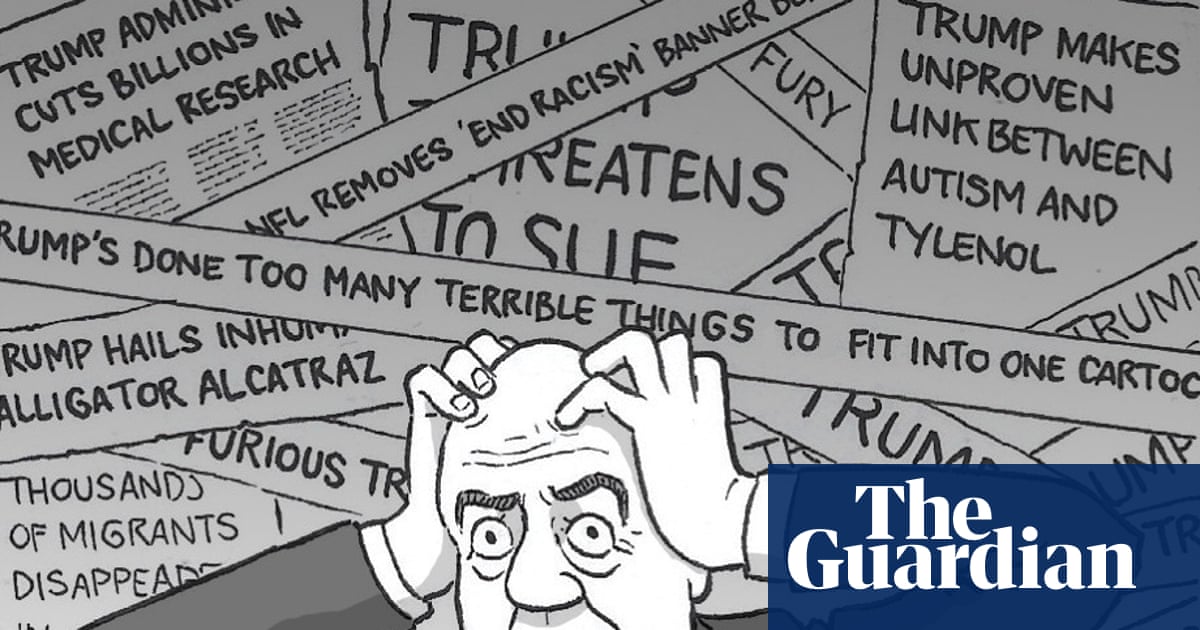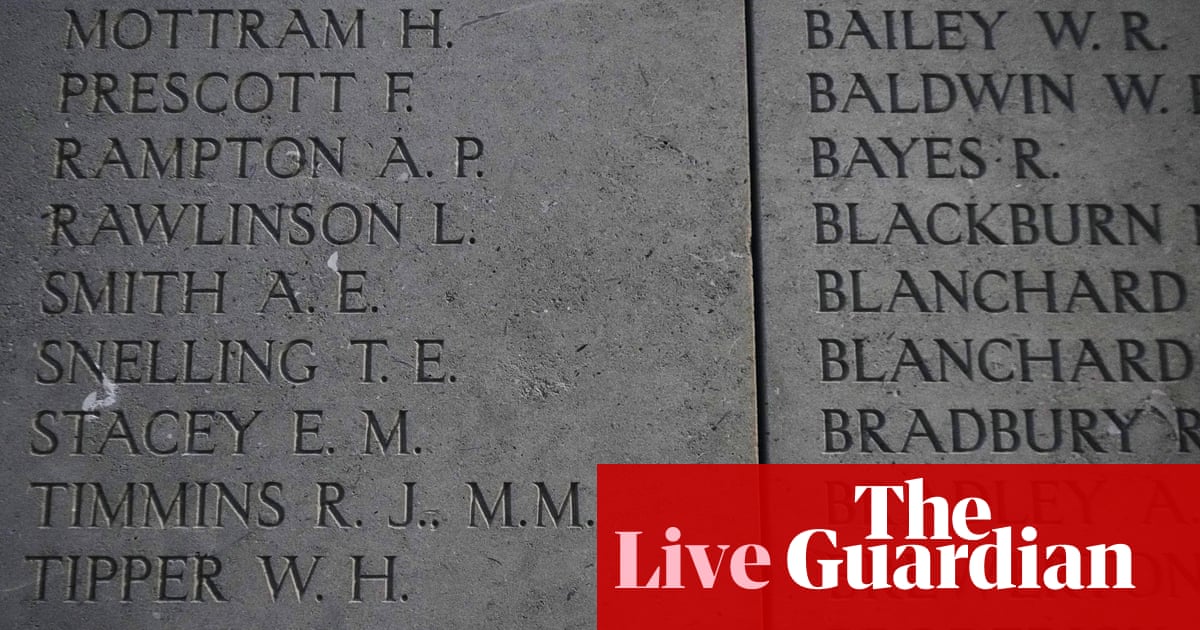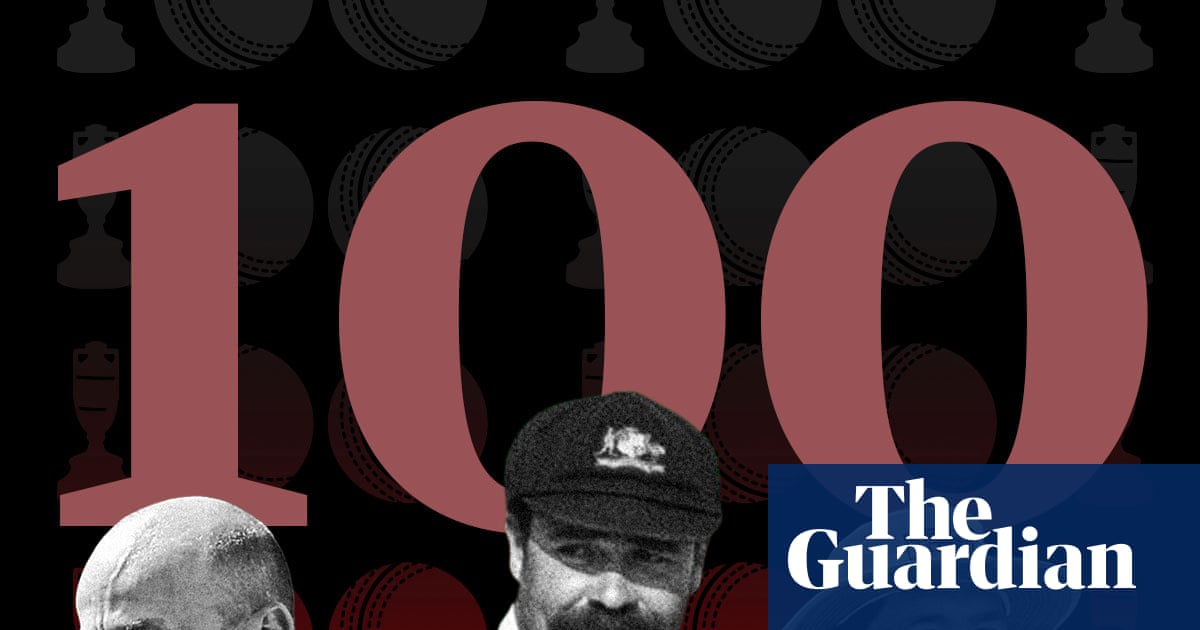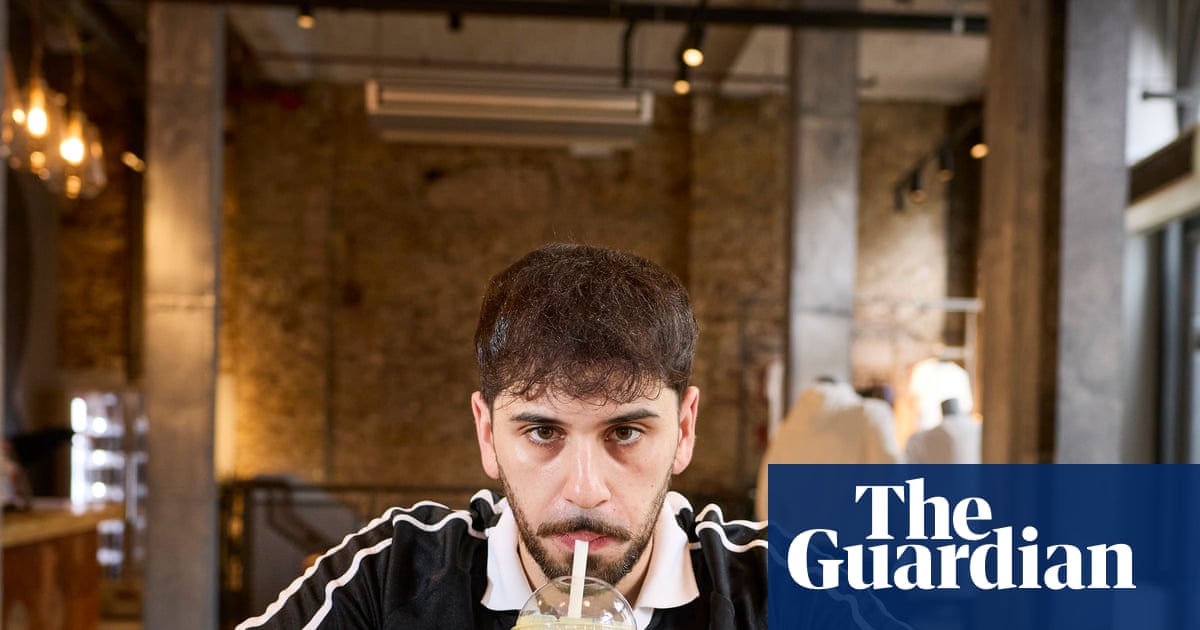AE Housman, the English classical scholar and poet, often took a walk after lunch. During one walk he was exceptionally creative – unconsciously. As he strode along, a stanza came to him, and almost immediately afterwards a second stanza wafted his way. He saw the words in front of him and had only to note them down. He knew he wanted to write a poem with four stanzas and after he’d written out the first two and had a cup of tea, he set off on a second walk. The third stanza occurred to him, and again he didn’t have to make any conscious effort. He waited on tenterhooks for the fourth and final stanza that would complete the poem.
It failed to arrive.
After three stanzas, the unconscious apparently felt it had done enough and Housman’s conscious mind would have to think of the fourth for itself. The Muse had flown. It took Housman a year to create a fourth stanza that he felt came somewhere close to the level of the others.
The surprising role of the unconscious in creativity
One of the most marvellous properties of the brain is its ability to continue working unconsciously when the conscious mind has moved on to something else. I’m not talking here about basic processes such as the regulation of breathing or the control of motor functions during a walk, but about higher cognitive processes. If you ponder the solution to a management crisis and take a walk around the block, your brain will persist in looking for answers. If you think about an explanation for the unexpected results of your latest research and need to attend a meeting, your unconscious will plough on while you try to focus your attention on what the chairperson is saying.
In 1926, British thinker Graham Wallas published a book called The Art of Thought that is still frequently used by psychologists today. Wallas divided the creative process up into four phases.
Preparation: The first step is to set goals, to gather knowledge and get your brain moving. Some people call it “saturation”. You must fill your head with knowledge until you feel dizzy and there’s no room for more. The chef who is going to put together a new menu must pluck, smell and taste, read books by other chefs, scour the internet for information about new ingredients, investigate all possibilities.
Incubation: Wallas calls the second phase “incubation”; I have adopted it from him and it’s this second phase we look at here. Important steps in science and art are usually taken at the point when two or more previously unrelated elements are brought together. This demands an unusual way of thinking. You need to let your unconscious do the work; it will apply its powers to all the information you’ve stuffed into your head, just as a casserole can simmer away quietly for hours after you’ve put all the ingredients into the pot. Hours may become days, or months or even years.
Illumination: The third phase, illumination, is when your unconscious has completed the incubation period and comes up with a solution, or with an idea. Eureka! The manager wakes up one morning and within minutes, under the shower, realizes what the best first step would be to bring two mistrustful organizations closer together.
Verification: Verification is the final phase, in which we take a critical look at what we’ve thought up. A chef can have decided that he wants to make a chestnut tart with quince, pine nuts and liquid chocolate, but he still needs to translate the image in his head into an actual dish.
Why the ‘incubation’ stage is so important
Over the years, the incubation process has fascinated many thinkers, mainly because it happens out of sight. Everyone understands that we make progress on a task if we think about it consciously. That’s intuitive. The fact that this progress can happen unconsciously is less obvious. It’s fascinating, but also spooky.
Experiments with unconscious thought have been done using all kinds of choices and decisions. In one remarkable series of experiments, lie detection was studied. We know that it’s exceptionally difficult to detect whether a person is speaking the truth. In studies, short clips were used of people telling a tale. Half of them had been instructed to tell the truth; the other half to tell a made-up story. If you show such clips to other people and ask them to say who is lying and who is speaking the truth, you discover that people are incapable of telling the difference. They are right in an average of 50% of cases, rarely doing any better than you would expect based on chance.
after newsletter promotion
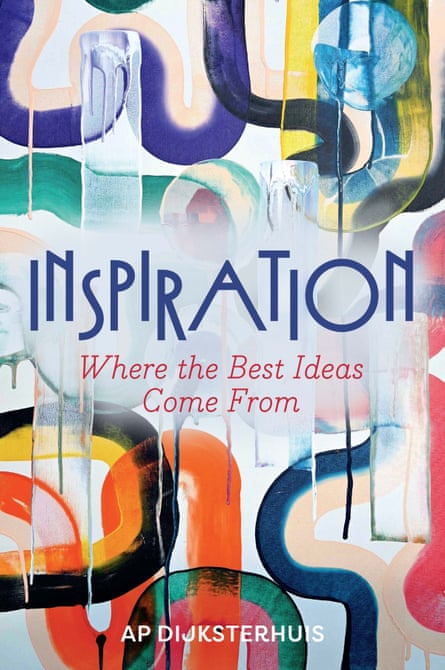
A group of German researchers conducted experiments in which participants looked at a series of 16 such clips, and each time they were asked to decide whether the person was telling the truth or not. There were three groups. The first group had to pass judgement immediately after seeing the clip; members of the second group were allowed to think about it for a while; and the third group was given a distraction task and could therefore set the unconscious to work.
The first two groups got the answer right an average of 50-55% of the time, but members of the third group, the group of unconscious thinkers, were right in 65-70% of cases.
The three requirements for productive incubation
What are the preconditions for a productive incubation process?
Motivation: Unconscious thought occurs only if we are motivated. To use the romantic terminology of long ago, you might say that the Muse arrives if we immerse ourselves, if we truly want her to come. We need to surrender ourselves as fully as possible to the Muse. She will judge whether our devotion is fervent enough, and only once we have gained her approval will she come to help us. Not otherwise. If we don’t want it badly enough, the Muse will not whisper anything in our ears.
Expertise: We also need expertise if we are to engage in unconscious thought. A person who has no understanding of theoretical physics can stuff their head with recent articles and listen to podcasts by top scientists, but the unconscious won’t be able to do much with that information. It probably won’t even comprehend it. A person who has never written a poem and decides to start will have to build up knowledge in order to be inspired by poems by others.
You could compare the relationship between stimulation and incubation with Lego. What is done unconsciously (incubation) with new information that is processed (stimulation) depends on what is already there. New Lego bricks must be clicked onto old ones. Only then will a structure arise.
Relaxed activity: If you look at the working habits of writers and artists, it will strike you how many of them take daily walks. It seems likely that relaxed activity stimulates unconscious thought.
Unconscious thought works optimally if we do something that relaxes us, something that doesn’t require too much mental capacity (a little is fine) and puts us in a pleasant frame of mind. We mustn’t be too euphoric, but we must feel good. If we are out of sorts, the unconscious is less cooperative. First, a negative mood causes us to narrow our minds. This has a function: a sense of negativity is a signal that we have a problem. We home in on that problem in order to solve it. Moderately positive emotions signal that things are going well and we can think freely. Extremely negative emotions also absorb processing capacity. If you are seriously worried about your partner’s health and waiting for the results of hospital tests, you can’t work on something that requires brainpower and creativity, whether consciously or unconsciously.
You can fill your head, you can be tremendously keen to move forward, you can choose the right way of relaxing and thereby set the unconscious to work. If you are waiting for an idea, for inspiration, or for a solution to a problem, you can certainly increase the chances of it arriving. But this is not a law of nature.
Housman may not have got his fourth stanza handed to him on a plate, but the first three needed only to be plucked out of the air. From time to time, our unconscious presents us with something brilliant: a poem, a solution to a problem we’ve struggled with for years, or a scientific insight that helps the world to move forward. It feels magical.
-
Ap Dijksterhuis is the bestselling author of numerous books and professor of psychology at Radboud University in Nijmegen. Inspiration: Where the Best Ideas Come From is out on 12 September

 2 months ago
59
2 months ago
59











